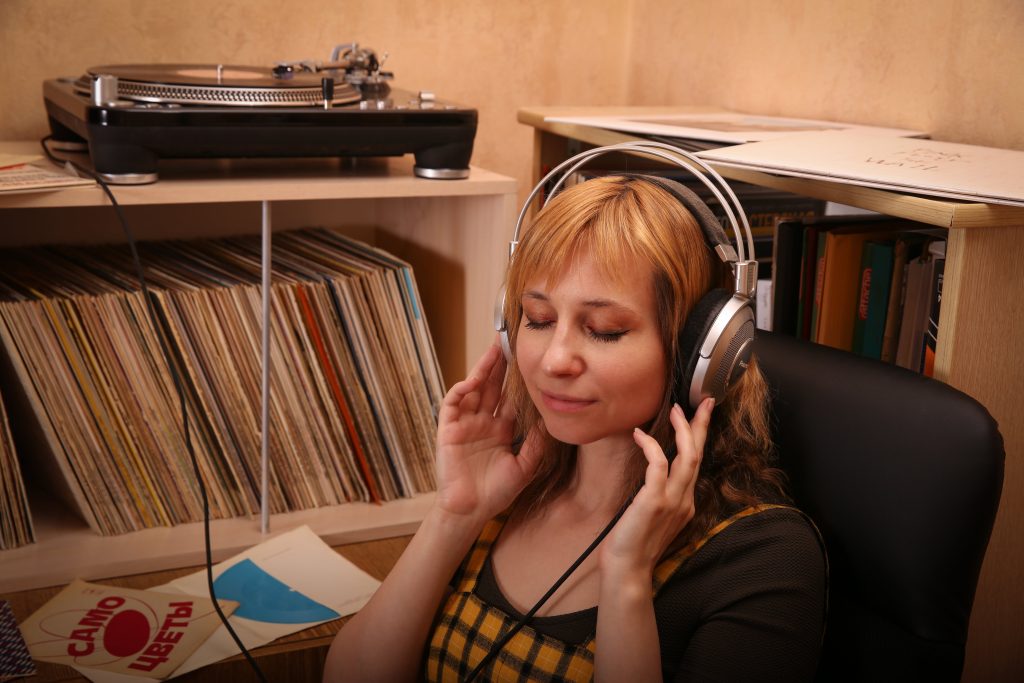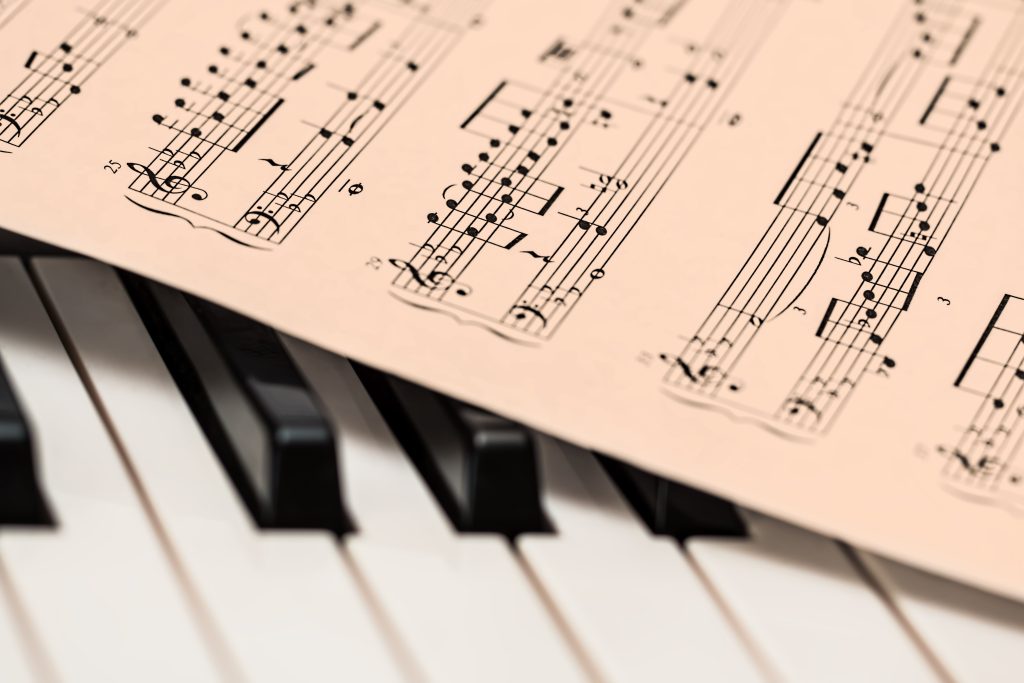
Music has always had a special influence on our feelings and perceptions. It has the power to take us to new places, bring back memories, and even change how we feel. The study of music psychology looks at the deep effects that music has on our bodies and minds, as well as the reasons behind the attraction of particular rhythms or melodies. We will explore the psychology of music in this piece and learn about the amazing ways that it influences us.
- The Emotional Power of Music
- The Impact of Music on Memory and Cognition
- The Role of Rhythm and Beat
- Musical Preferences and Individual Differences
- Why Certain Melodies and Rhythms Are Appealing

We can feel a wide range of emotions when we listen to music. A lively beat, a melancholic song, or a happy melody—music can evoke strong feelings in us and establish a deep emotional bond. This is because music activates multiple important brain regions, including the limbic system, which is in charge of processing emotions. Music stimulates neuronal pathways in our brains that lead to emotions such as joy, calmness, enthusiasm, or sadness.

It has been demonstrated that music significantly affects memory and cognitive functions. It has the potential to be an effective mnemonic tool that improves our ability to recall information. This is called the “Mozart Effect,” wherein listening to classical music—especially works by Mozart—is thought to boost cognitive function and spatial-temporal understanding. Music is also a useful aid for studying and other intellectually taxing work because it can improve productivity and concentration.
Music’s rhythmic components are essential for holding our interest and evoking a visceral reaction in our body. Entrainment is the term for the innate tendency of the human body to move and coordinate with rhythmic rhythms. Our bodies naturally react to captivating beats and rhythms by tapping our feet, nodding our heads, or even dancing. In addition to improving our listening experience, this rhythmic entrainment may also encourage better movement and physical coordination.

Everybody has different tastes in music, and these tastes are influenced by a range of things such as upbringing, cultural background, and individual experiences. Studies have indicated that a combination of our upbringing and exposure to a wide range of musical genres shape our interests in music. Emotional connections we have to particular songs or genres might also influence these preferences. A music that was playing at a big life event, for instance, could evoke powerful feelings and end up becoming a favorite.
The appeal of certain melodies and rhythms is not solely based on personal preferences, but also underlying psychological principles. Several factors contribute to the attractiveness of a particular musical element:
Familiarity: We are more likely to find music appealing if it is familiar to us. The repetition and predictability of familiar melodies evoke a sense of comfort and pleasure.
Melodic Contour: Melodies that have a clear and pleasing shape, with a mix of highs and lows, tend to be more appealing. Our brains are wired to respond positively to melodic contours that follow certain patterns.
Harmony and Chord Progressions: Harmonic elements, such as chords and progressions, add depth and richness to music. Certain chord combinations create a sense of tension and resolution, which can be emotionally satisfying.
Groove and Syncopation: The rhythmic groove and syncopation in music create a sense of forward motion and excitement. These elements can make a song more captivating and enjoyable to listen to.
Lyrics and Storytelling: The combination of music and lyrics adds a layer of meaning and emotional resonance. Songs that tell a compelling story or convey relatable emotions have a greater impact on listeners.


